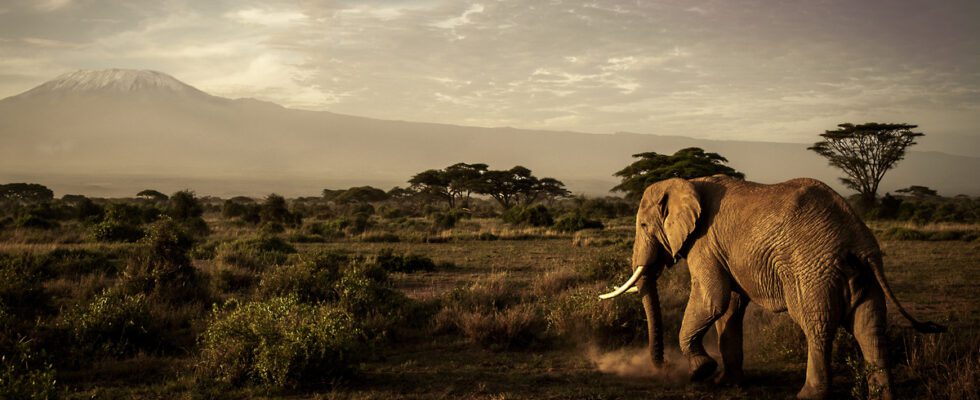Hack The Planet, a non-profit organization based in the Netherlands, has designed a camera system capable of spotting poachers in real time. This new kind of surveillance uses machine learning, and therefore artificial intelligence, to analyze the photos taken by its sensors in real time. Thanks to them, the AI detects the human presence and knows how to distinguish the types of animals.
“We have developed a system that can track people or animals in large remote areas in real time”, explains engineer Thijs Suijten in an interview with Euronews. In the event of presence being detected, said system transmits an immediate alert to the guards who can then intervene if necessary. The smart camera is equipped with a satellite uplink to ensure its connection regardless of location. In addition, the system is powered by solar panels.
This smart camera can also be used to monitor wildlife biodiversity. It would also provide authorities with alerts, for example when elephants are near inhabited areas or plantations.
7 min delay to notify rangers
Hack The Planet’s instrument was tested in the Lopé National Park in Gabon as part of a pilot experiment conducted with the University of Stirling in Scotland. The study, which lasted 72 days, confirmed that the smart camera system works for at least three months without human intervention. During these 72 days, more than 800 photos were taken, including 217 of elephants, with the AI achieving an accuracy of 82% in recognizing them. The average time between the capture of images and the reception of an alert by the guards was approximately 7 min.
According to a recent report by the International Union for Conservation of Nature (IUCN), 2,707 rhinos were killed between 2018 and 2021, mostly in South Africa. Despite the decline in poaching in recent years, there is still a long way to go to eradicate it. These camera traps could become one of the solutions.
